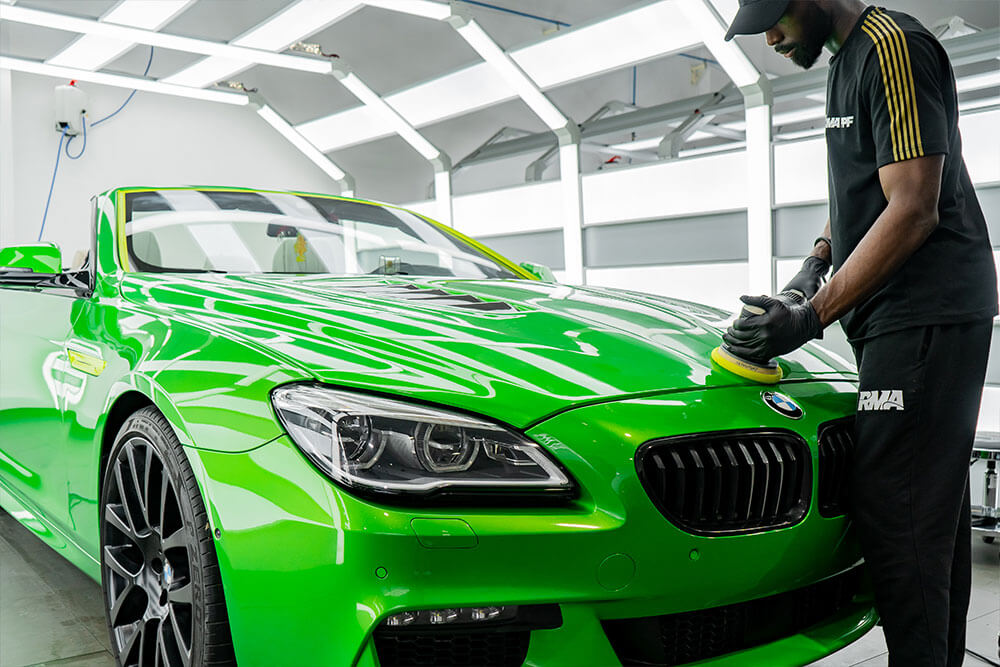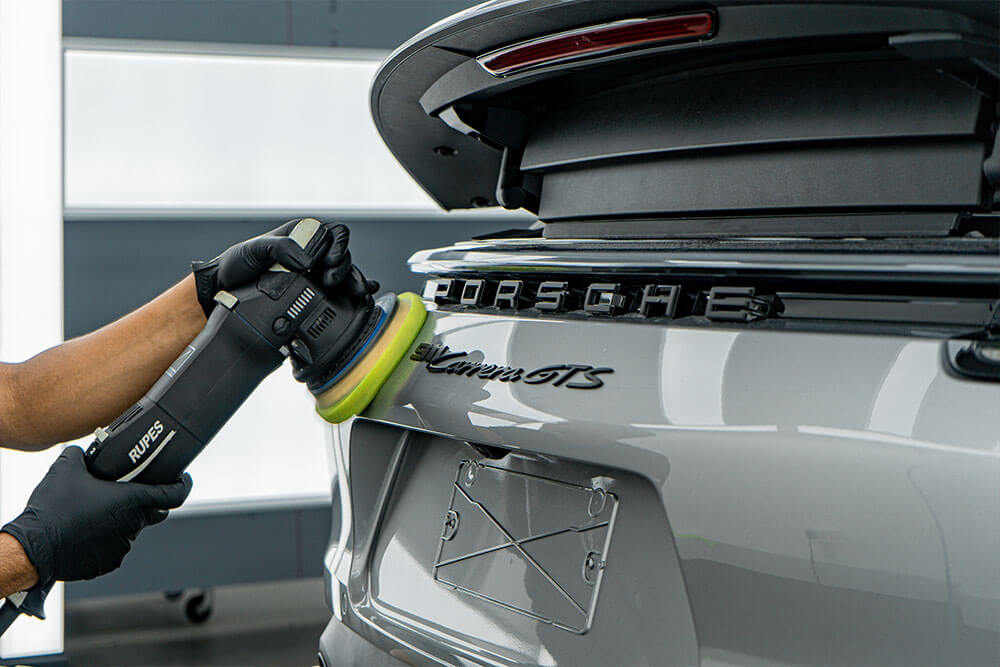
Car detailing has come a long way, evolving from basic cleaning to an intricate process that restores and protects vehicles. As technology advances, the future of car detailing promises even more innovative techniques, tools, and products. Let’s explore what the future holds for this industry and how it will change the way we care for our cars.
Technological Innovations in Tools
In the future, car detailing will increasingly rely on advanced tools and equipment. Automation is already making waves, and robotic cleaning systems are expected to become more common. These robots will be able to clean cars quickly and efficiently, reducing the chances of human error and ensuring a consistent finish. Additionally, AI-powered polishing machines may become a standard tool, analyzing the car’s paintwork and adjusting techniques for optimal results. Such innovations will speed up the detailing process without sacrificing quality.
Eco-Friendly Products and Practices
Sustainability is becoming a major priority for businesses and consumers alike. The car detailing industry is no exception. In the near future, we will see a greater emphasis on eco-friendly products and practices. Waterless car wash solutions, which use minimal water, are already growing in popularity. In the future, these solutions will become even more effective, reducing water consumption significantly.
Along with waterless cleaning, biodegradable and non-toxic cleaning agents will become the norm. As awareness around environmental impact grows, car owners and detailers will prefer using products that are safe for both vehicles and the environment. This shift toward sustainability will be especially important as electric vehicles (EVs) rise in popularity, demanding specialized eco-conscious detailing solutions.
Smart Technology Integration
The integration of smart technology into cars has already started to impact the automotive industry, and car detailing will follow suit. In the future, vehicles may come equipped with sensors that monitor the cleanliness of various surfaces, such as the exterior paint and interior upholstery. These sensors will alert car owners when it’s time for a clean or suggest the appropriate type of detailing service.
Additionally, mobile apps and online platforms may offer a more seamless car detailing experience. Through these apps, customers could schedule detailing appointments, choose the products they prefer, and track the care of their vehicles in real time. The convenience of smart technology will make it easier for car owners to keep their vehicles in top condition.
Advanced Paint Protection
Paint protection will play a significant role in the future of car detailing. Traditional wax coatings will likely be replaced by more advanced solutions like ceramic coatings. These coatings offer superior protection against dirt, water, and harmful UV rays, keeping the car cleaner for longer and preserving its finish.
In the future, we can expect even more durable and long-lasting coatings that resist scratches and stains better than today’s options. As consumers look for ways to reduce maintenance time, the demand for these high-quality, protective coatings will grow.
Personalized Detailing Services
As with many other industries, car detailing will move toward more personalized services. Customers will want tailored solutions that fit their unique needs, whether that’s specific cleaning products, customized interior detailing, or unique finishes for their car’s exterior.
Future car detailing services might offer consultations to assess the condition of the vehicle and recommend a customized plan for care. This level of personalization will improve customer satisfaction and lead to more efficient, targeted detailing services.
Conclusion
The future of car detailing is bright, with many exciting developments on the horizon. From robotic cleaning systems to eco-friendly products, and even more personalized services, the industry is poised to meet the growing demands of consumers. As technology advances and environmental awareness grows, car detailing will become faster, more effective, and better suited to modern needs. With these changes, keeping a car in top condition will be easier and more sustainable than ever before.


